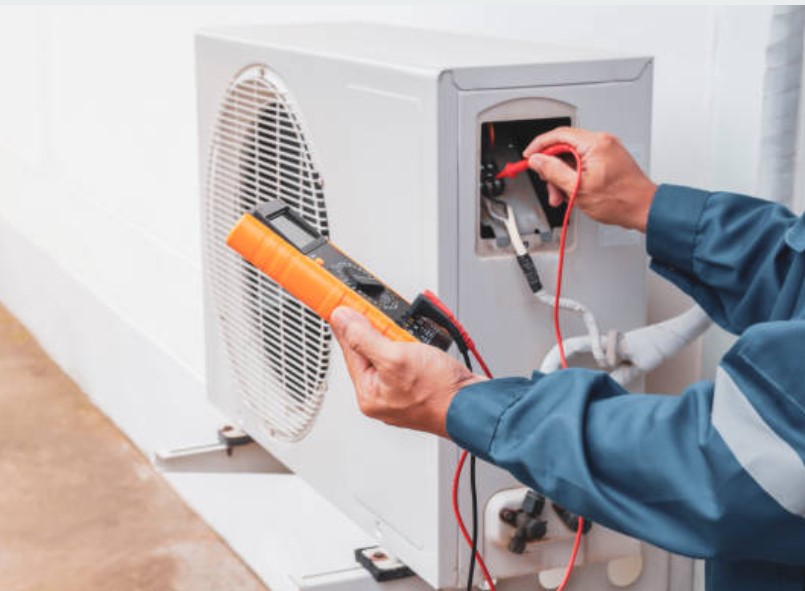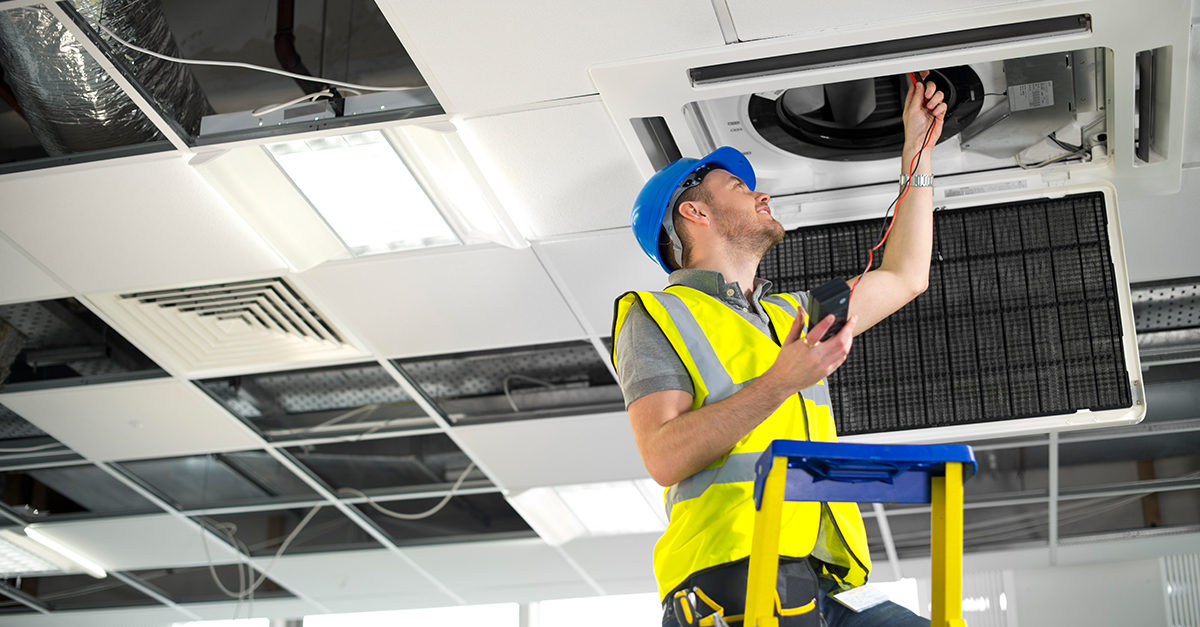As temperatures rise during the summer months, many homeowners and business owners find themselves dealing with a smelly HVAC system. These summer smells can be both unpleasant and concerning, often signaling underlying issues within the system. Understanding the causes and solutions for these odors can help maintain a comfortable and healthy indoor environment.

Understanding the Source of HVAC Odors
Identifying the source of a smelly HVAC system is the first step in addressing the problem. Commonly, these odors are caused by mold, mildew, or bacteria growing in the system’s components, such as the air ducts, evaporator coils, or drain pans. These microorganisms thrive in moist environments, which are prevalent in HVAC systems, especially during the humid summer months.
Mold and Mildew Growth
Mold and mildew are among the most common culprits of summer smells from HVAC systems. The moisture that accumulates in the system provides an ideal breeding ground for these fungi. As air circulates through the system, it picks up the musty smell, spreading it throughout the building.
Bacteria Buildup
In addition to mold and mildew, bacteria can also flourish in the damp conditions of an HVAC system. This can lead to a sour or rotten odor, often compared to the smell of dirty socks. Regular maintenance and cleaning can help prevent bacterial buildup and the accompanying smells.
Preventing Smelly HVAC Systems
Preventing a smelly HVAC system involves regular maintenance and cleaning. This includes changing air filters regularly, cleaning the evaporator coils, and ensuring that the drain pans are free from standing water. For more detailed steps on maintaining your system, you can visit clean ducts.
Regular Filter Replacement
Replacing air filters on a regular basis is one of the simplest ways to prevent odors. Clogged or dirty filters can restrict airflow, causing moisture to build up and creating an environment conducive to mold growth.
Cleaning Evaporator Coils
The evaporator coils in an HVAC system can collect dirt and debris over time, which can lead to odors. Cleaning these coils annually can help prevent musty smells and improve the overall efficiency of the system.
Addressing Existing Odors
If your HVAC system is already producing unpleasant odors, it’s important to address the issue promptly. This may involve professional cleaning or repairs. For a comprehensive guide on what tools professionals use, you can visit HVAC tools.
Professional Duct Cleaning
Engaging a professional to clean your air ducts can effectively remove mold, mildew, and bacteria. This not only eliminates odors but also improves air quality. To learn more about the impacts of dirty ducts, visit dirty ducts.
Inspecting for Leaks
Sometimes, odors can be caused by leaks in the system that allow moisture to enter. Inspecting and repairing any leaks can prevent future issues and stop the source of smells.

FAQs
What causes a smelly HVAC system in summer?
The primary causes of a smelly HVAC system in the summer are mold, mildew, and bacteria growth within the system’s components due to moisture accumulation.
How can I prevent musty smells from my HVAC system?
Preventing musty smells involves regular maintenance, such as changing air filters, cleaning evaporator coils, and ensuring the system is free from leaks or standing water.
Should I hire a professional for HVAC cleaning?
Yes, hiring a professional for HVAC cleaning can ensure that the system is thoroughly cleaned, removing any mold, mildew, or bacteria that may be causing odors. It can also improve air quality and system efficiency.
For more tips on preventing musty odors, you can also check this external resource: Clean Air Conditioner.
This article contains affiliate links. We may earn a commission at no extra cost to you.